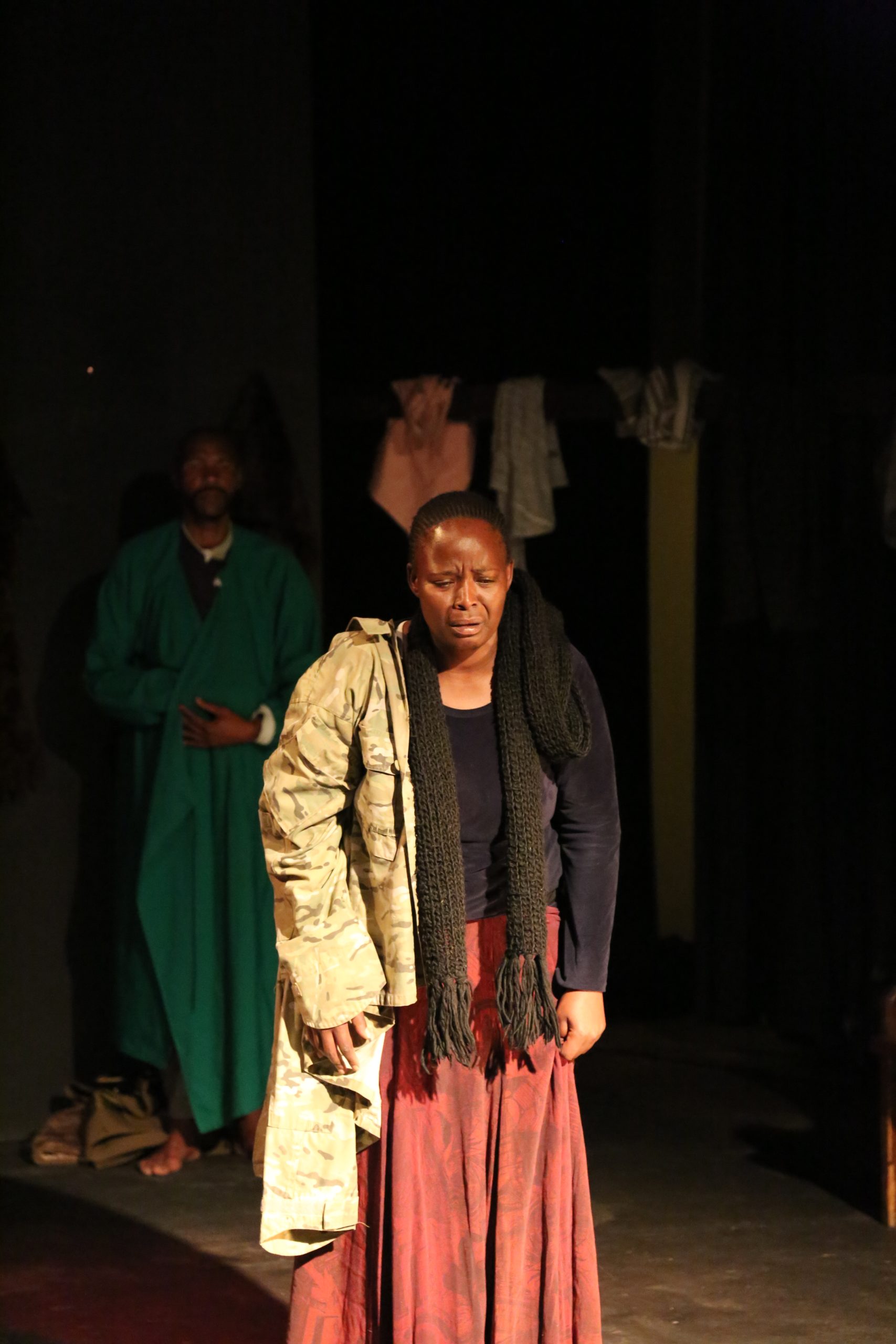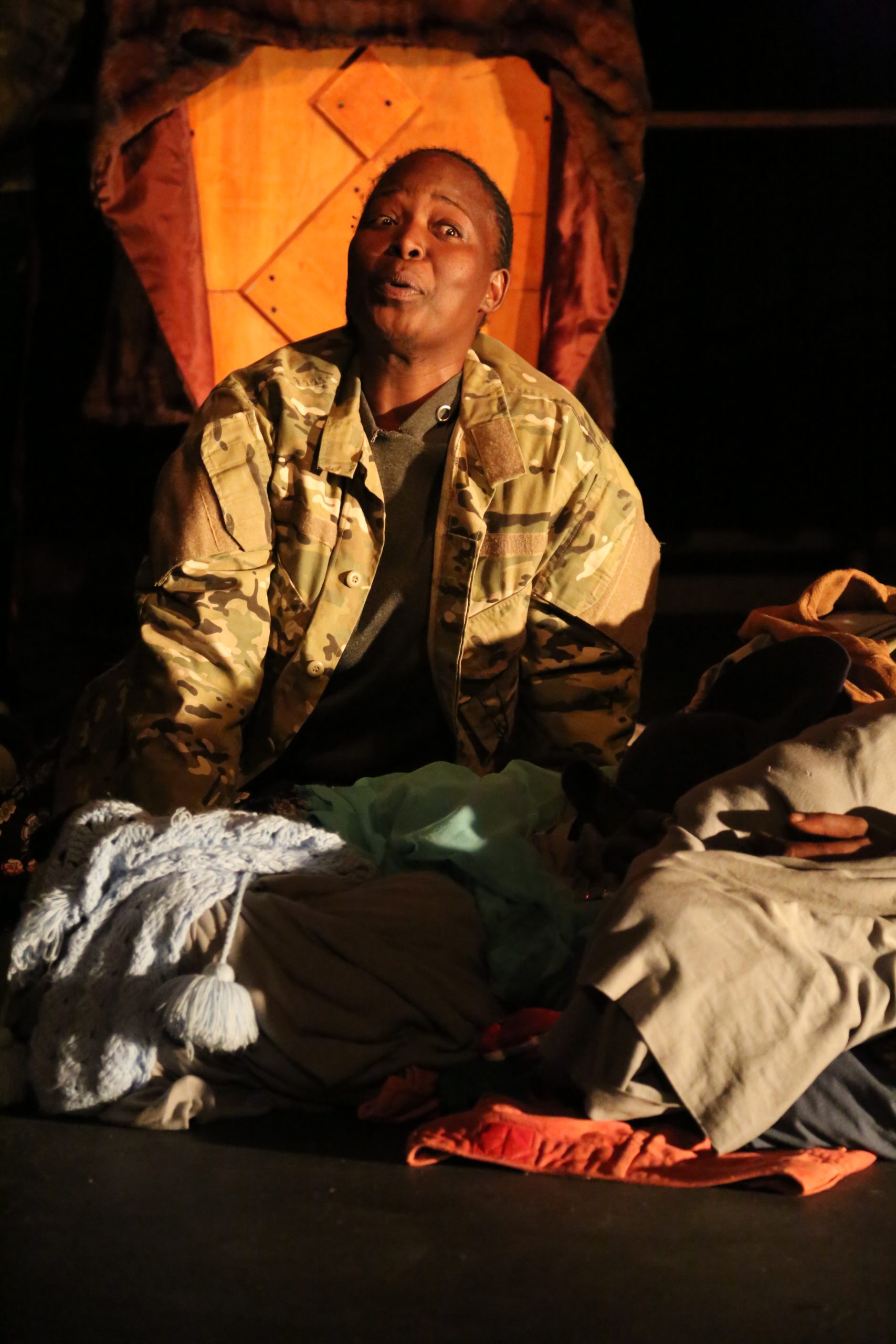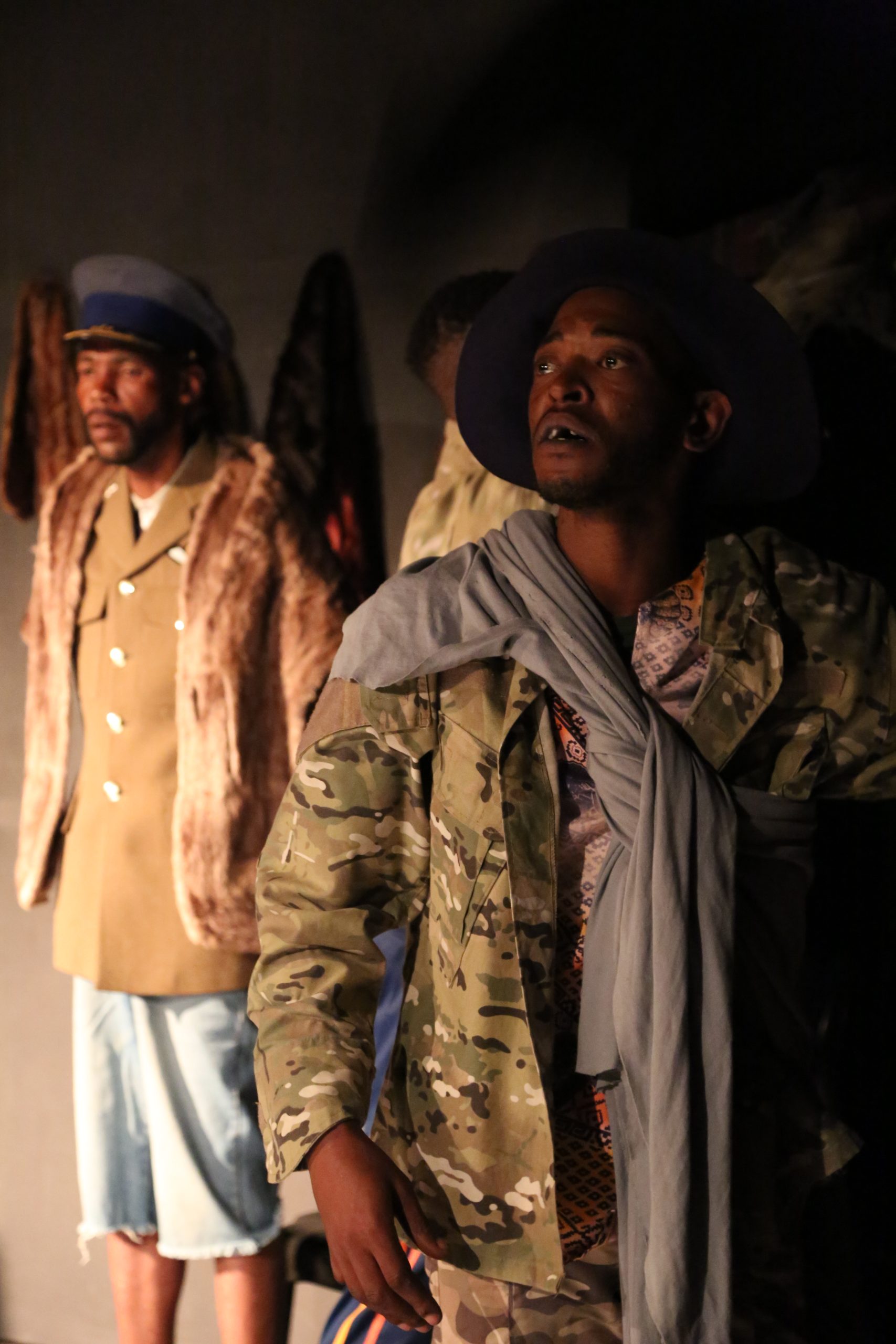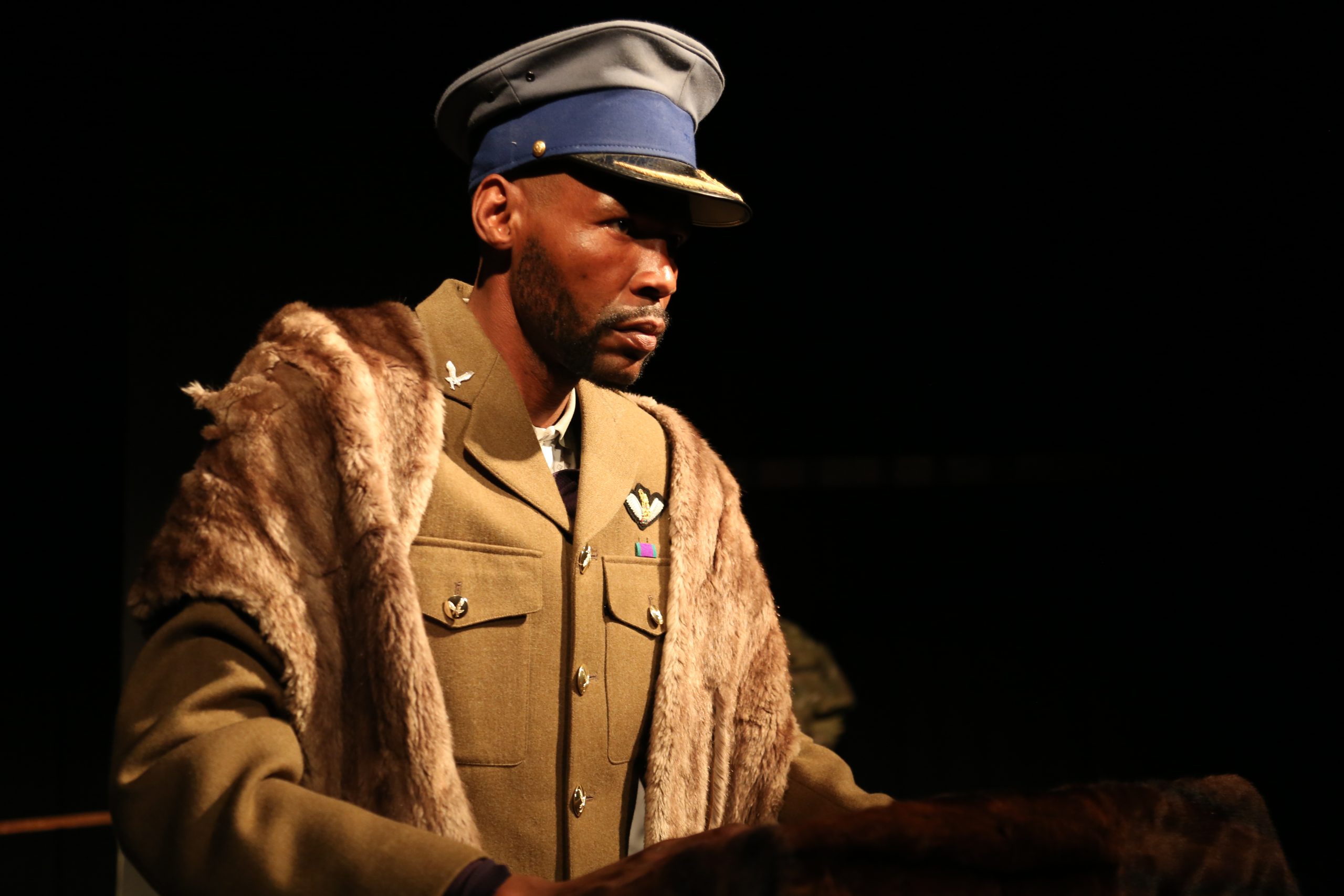In episode 777 of the acclaimed podcast This American Life, in a conversation between two Black writers; Kiese Laymon and Zandria Robinson, Laymon asks an odd question:
What kinds of death are we [Black people] owed when we leave home, or are carried from home for a different kind of freedom? People always want to talk about this repair, and reparation, or whatnot. What kind of deaths are we owed?
The response offered by Robinson is just as disorienting as the question, but it is profound — “I think we’re owed the death of our choosing.”

For Laymon and Robinson, the conversation takes place against the backdrop of the May 14th Buffalo mass shooting that targeted Black people at a local supermarket in Buffalo, New York — a terrorist attack by a young white man that killed ten Black folk and injured three. For Bulelani Mabutyana, a deeper meditation on Black death finds its genesis in the image of a pile of clothes. He explains:
I was struck by an image of a pile of clothes that I saw on the internet, these clothes belonged to people who lost their lives during the Rwanda genocide. The realisation that each clothing item represents a human being really scared me and I was left with a question: is there a possibility that this might happen again?
Mabutyana is the writer and director of the play, The Final Chapter in the Book of Sins, a harrowing contemplation on the fate of the Black nation, staged at Theatre Arts in Observatory, Cape Town (10th – 14th Aug).

Mabutyana leans on the grammar of insurgency, laced with religious undertones, to deliver a moving image of what happens when power rubs up against self-interest, greed, and a general disregard for life. The play trails the epic tale of two militant and power-hungry rebels and their interpretation of redemption and Black justice. They orchestrate the most wicked and deadliest genocide on the Black nation. Mabutyana elaborates that, “the show really wants to highlight that Black people are dying at a terrifying rate,” a fact he is interested in investigating through a consideration of the root causes of such protracted and ceaseless death.
Part of the play’s cogency is its compelling title, which Mabutyana sums up poignantly; “From a religious perspective everything that has happened to Black people is a sin. A sin was committed against us, from slavery till this day, Black people still needs to prove their worth.” He elaborates, “a book of sins represents all the atrocities that have been done to Black people, and this is the final chapter.”
Poet Ben Lerner speaks about the notion of redemption that is immanent and not imminent— that it is not coming in the future (with an i) but rather that it is inside the materials of the present (with an a). Lerner points to how the material circumstances of our lives already contain the glimmer of some possible redemption, whether or not it ever arrives. Through this reading, plays, songs and books can all contain a glimmer of revolutionary potential.
For me, sitting through The Final Chapter in The Book of Sins on a cold Sunday evening and experiencing a deep contemplation of Black life and Black death – through a talented and skilled cast, poetry and the sometimes rugged cadence of the music – I somewhat came close to this glimmer of revolutionary potential that is a reflection of the kind of thinking and the kind of work that will really matter in how we claim our lives.




















































